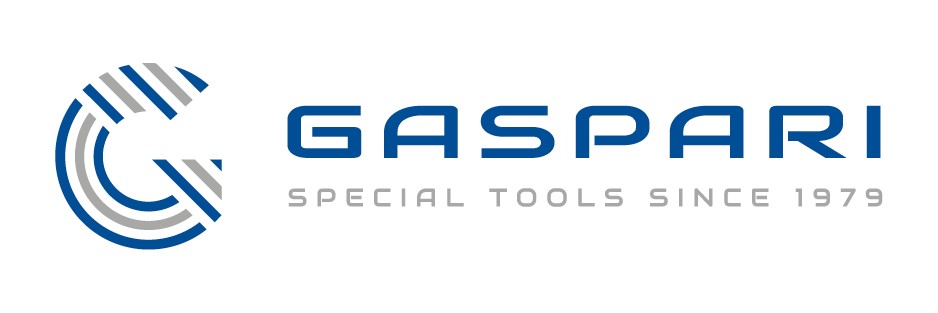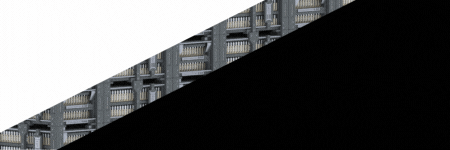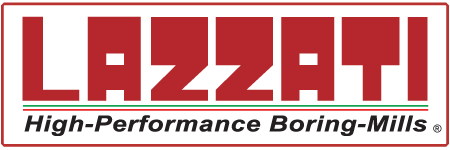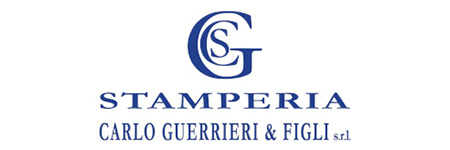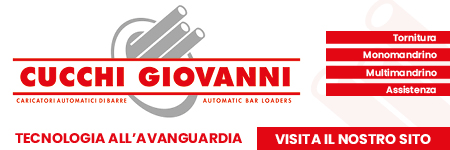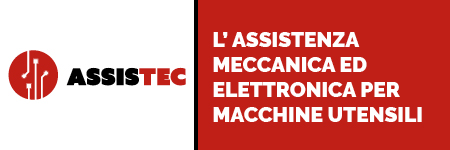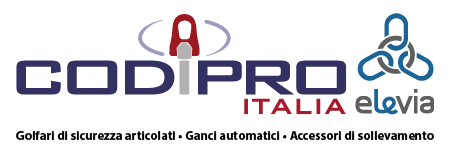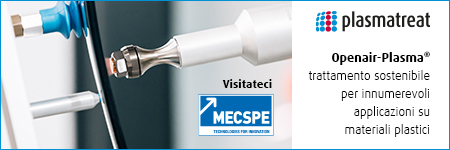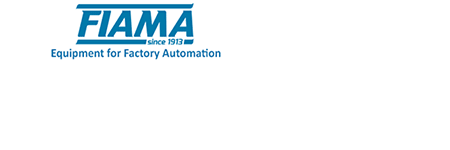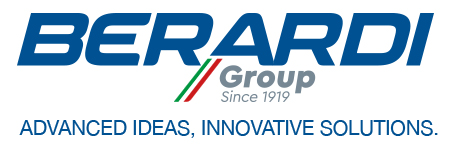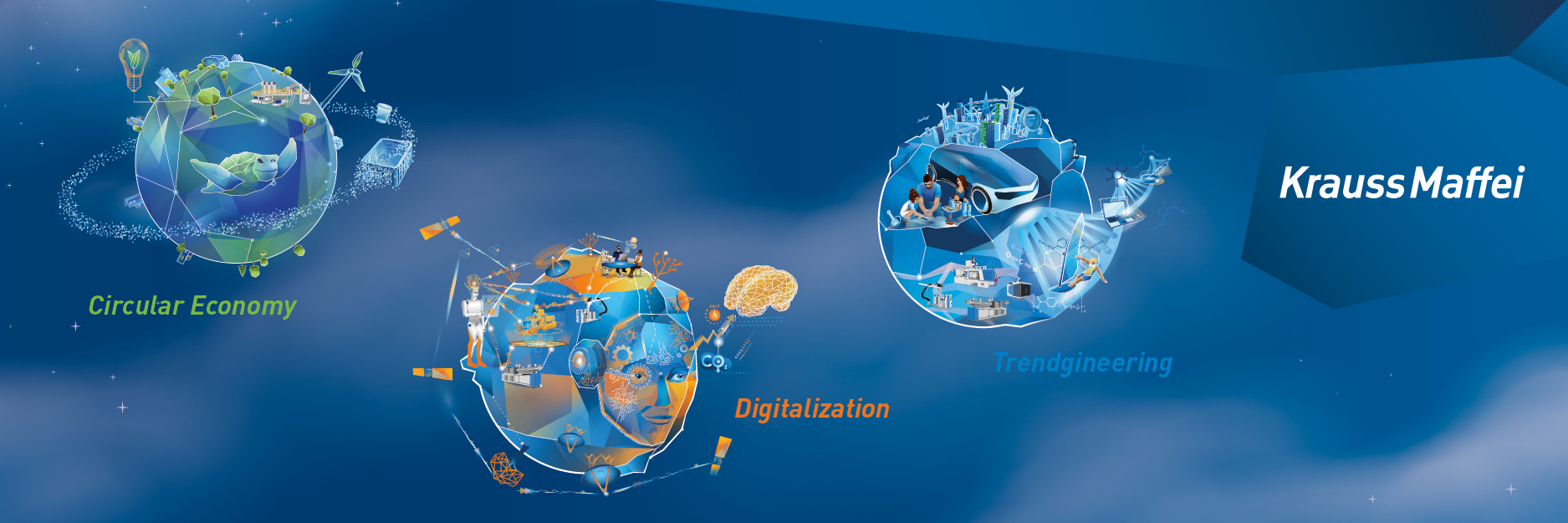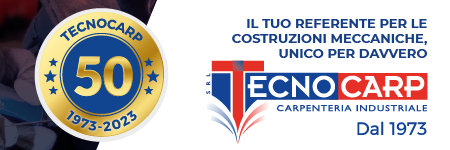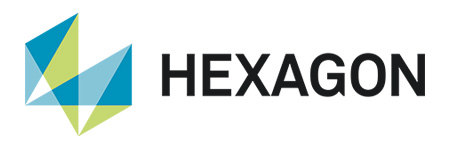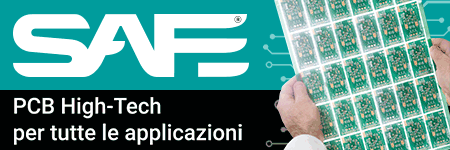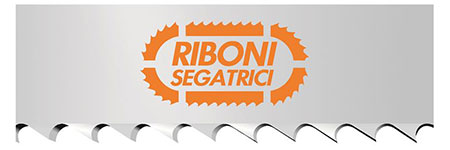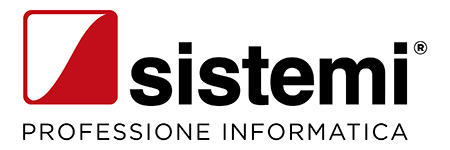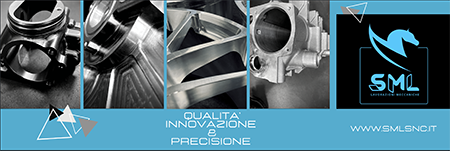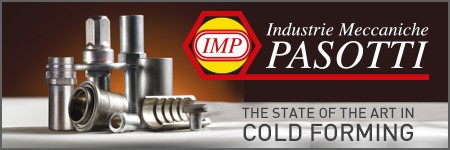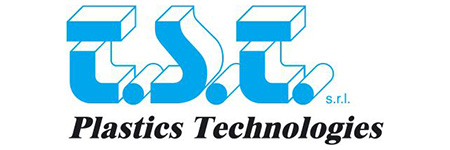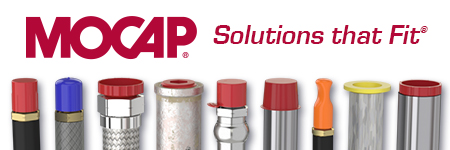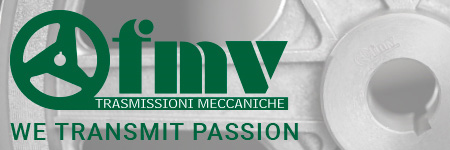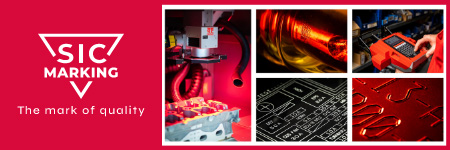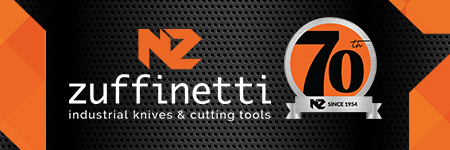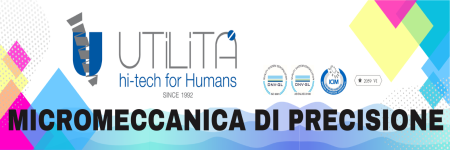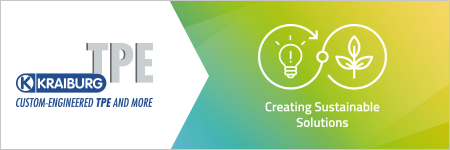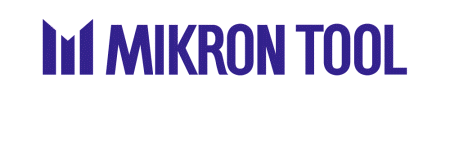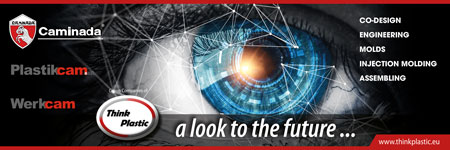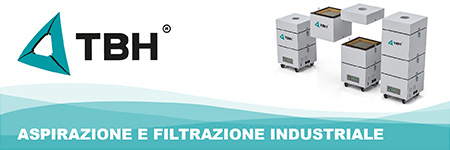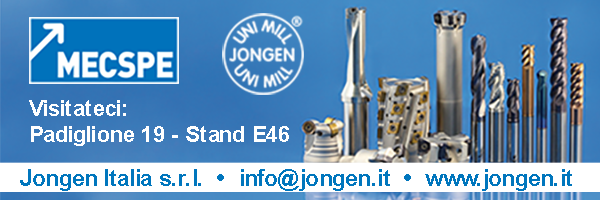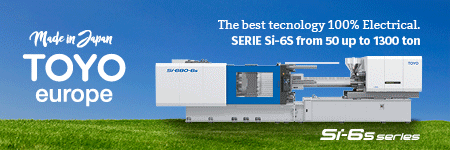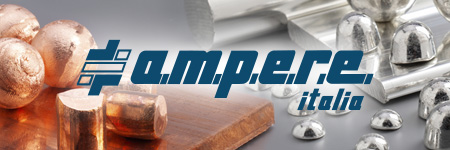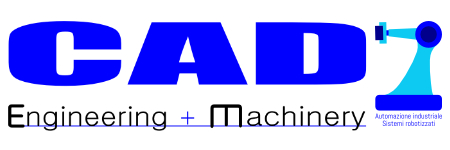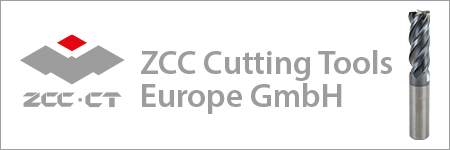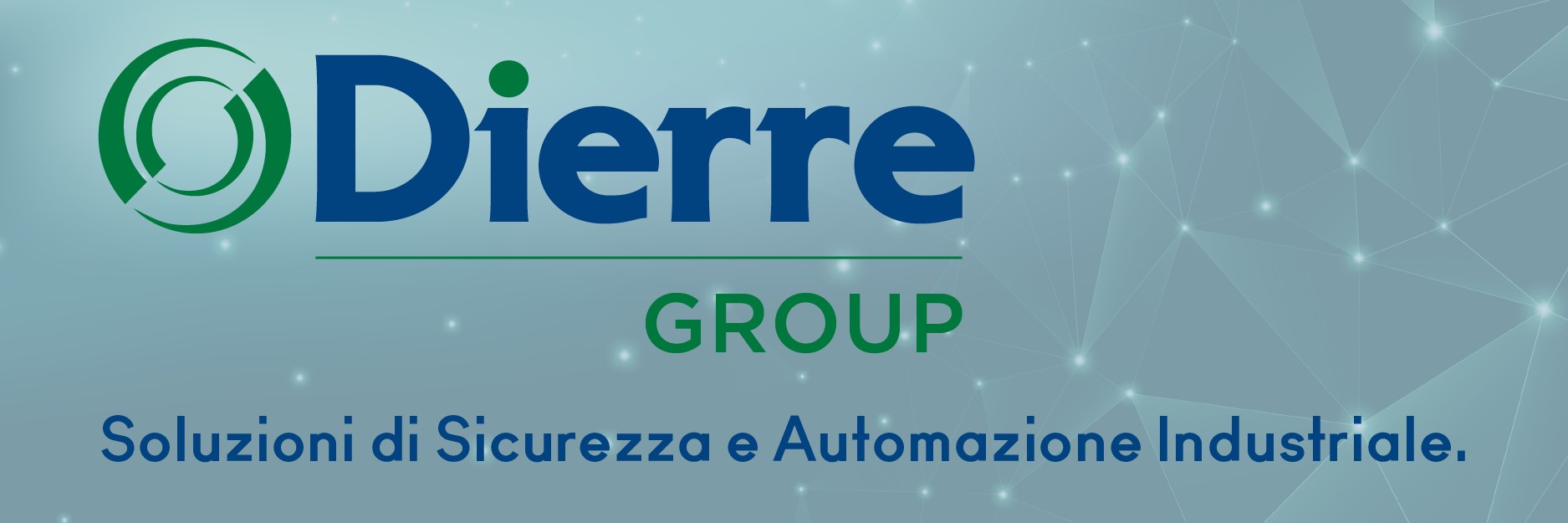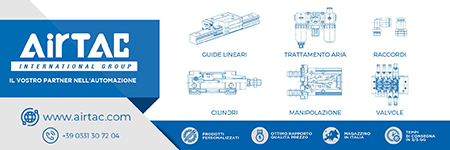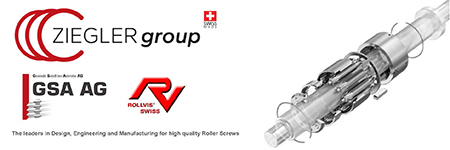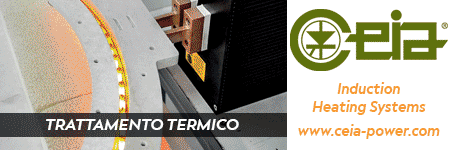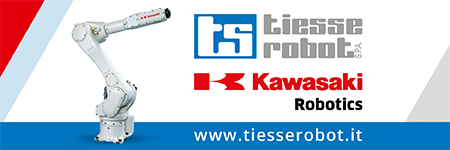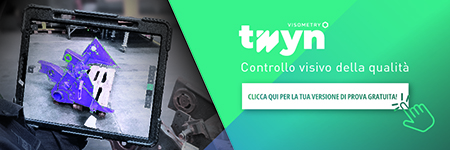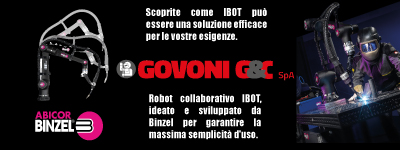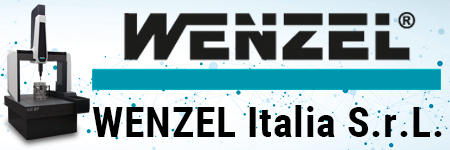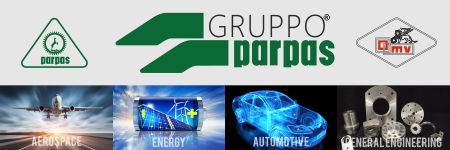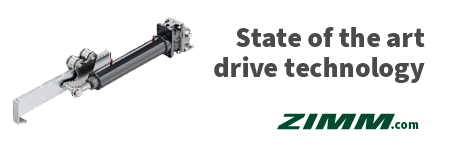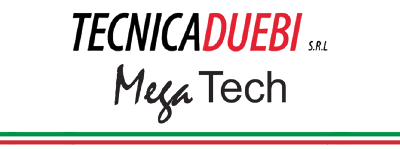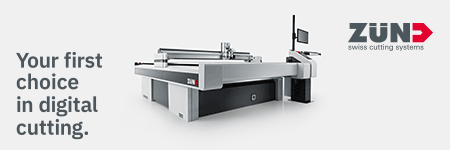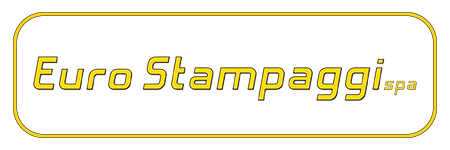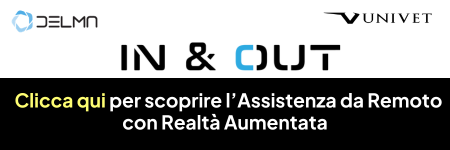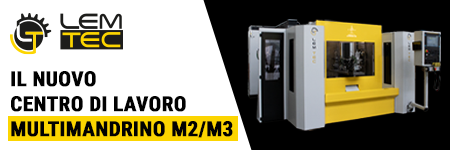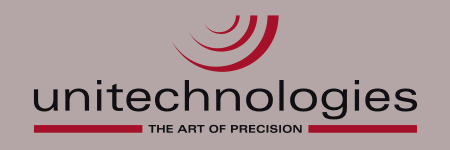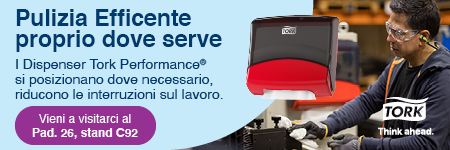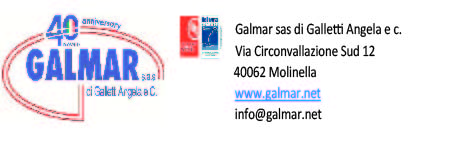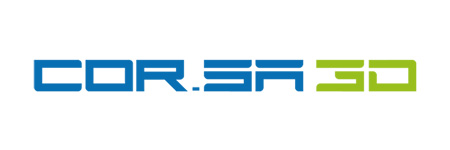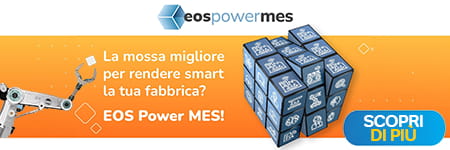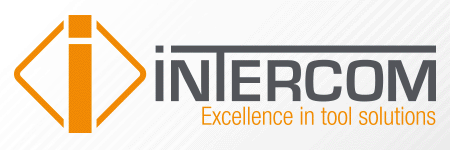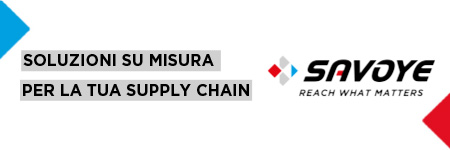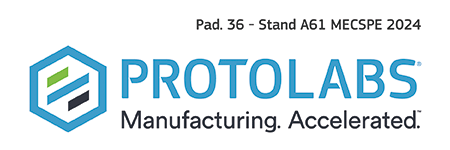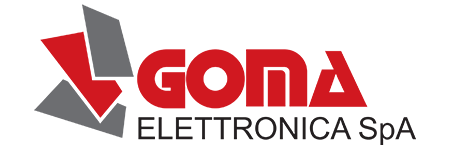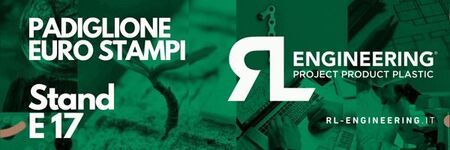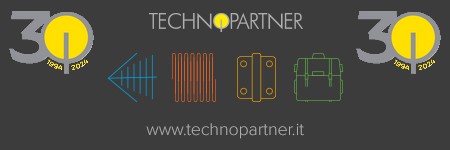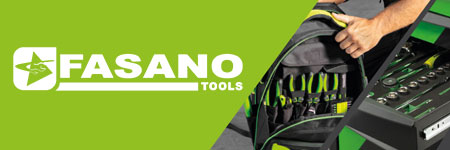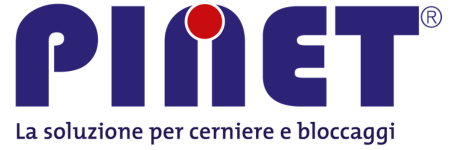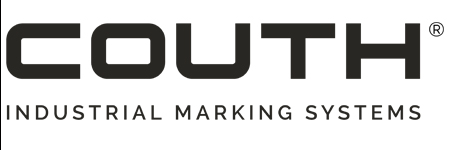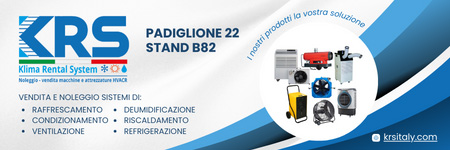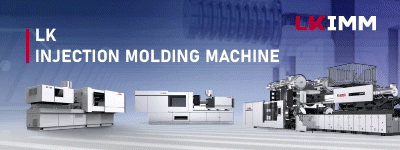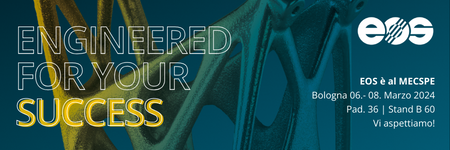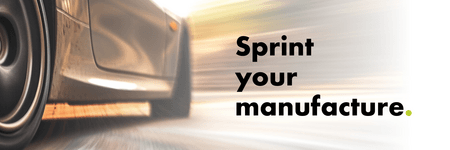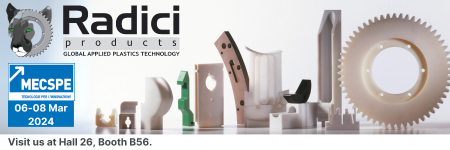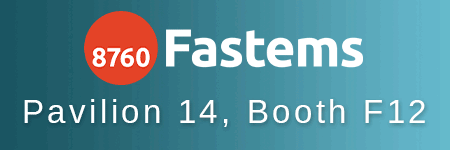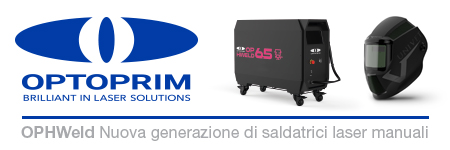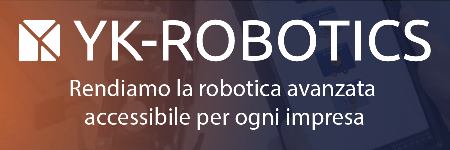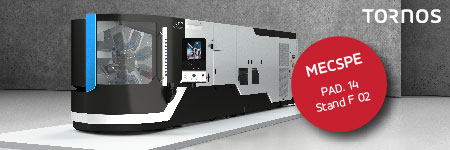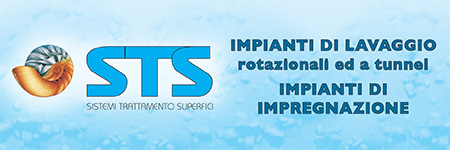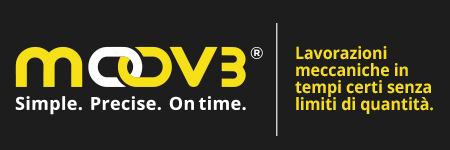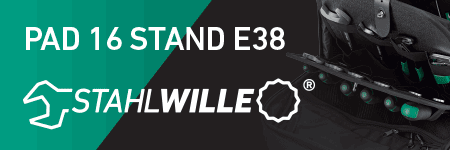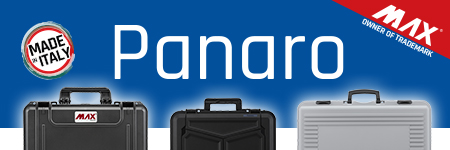23 January 2017
At MECSPE 2017 the technologies and innovative materials for a forward-thinking plastics industry
Cost reduction up to 15% and an equivalent increase in revenue: according to the latest edition of the MECSPE Observatory this is what the majority of Italian mechanical and sub-supply businesses expect from digitalisation, which is increasingly, closely affecting manufacturing industry and factories that are in the process of becoming intelligent. A process that they are willing to invest part of their turnover in: almost four out of ten (37.1%) would dedicate over 10% of their revenue to this transformation. The greatest benefits would go to IT security, which will be implemented in over half of the companies (54.9%) by the end of this year, followed by mechatronics (39.1%), cloud computing (33.8%) and the internet of things (30.8%).
Having stayed one step ahead of technological trends for the last three editions, MECSPE places the “Digital factory 4.0” at the centre of the event where, through a concrete and pragmatic approach, it will be possible to get hands on with the state of the art of the new “manufacturing made in Italy”, admiring how an ever-more efficient and interconnected manufacturing industry is developed from the integration of enabling technologies. To do so, this year MECSPE will dedicate an entire pavilion (Pav.4) to the 4.0 themes, dedicating a series of initiatives to them, illustrating their applicational versatility and potential.
The area dedicated to reverse engineering and additive manufacturing will be a clear example of this, new horizons in design, where the various processing phases will be carried out specifically in this area, from data scanning to acquisition, from re-processing mathematics to creating files for additive production, and even object reproduction through Additive Manufacturing. Plus, a part will be identified, made with the use of swarf extraction technologies, and then made with additive technologies as well, highlighting the aspects of speed, lighter equipment, shorter assembly times and lower costs (for customised productions).
For those who want to learn more about the most innovative additive technologies in additive manufacturing, which are also ready to enter the production flow of small, medium and large companies, in pavilion 6 MECSPE is organising the Additive Manufacturing Innovation Square, an information and demonstration platform, where displays, live events and technical discussions will encourage interaction and discussion between businesses and professionals, providing training tips and practical insights for company innovation. Thanks to the cooperation of the partners of the Square, the most innovative technologies will be showcased, as well as their application advantages and their impact, with a focus on 3D printed electronics, the new concept of stereolithography robotics, Generative Design and Generative Manufacturing.
The event also explores creativity and design connected to the use of plastic materials, interpreted at MECSPE through unusual initiatives offering high innovation content and impact, that are able to draw the visitor in. During the three days of the event it will be possible to admire the “invisible car” on show at the Plastic & Automotive Square and composed of plastic elements (dashboard, bumpers, lights, under bonnet components, polycarbonate glazing, seat padding…), made using excellent technologies and materials, whose features will be enhanced through targeted initiatives. Creativity and innovation will also be the central theme of the Planning and Design Square, coordinated by Materioteca®, which will play with transparency, light and the shades of plastic materials, showing its characteristics and properties by displaying a vast array of objects and applications. The central theme of the initiative will be “Light, colour and shadows in transparency” and will play with transparency, light and the shades of plastic materials, to rediscover the most traditional transparent materials, such as methacrylate or polycarbonate, some interesting new applications of PVC and less common materials, such as SAN (styrene-acrylonitrile) characterised by very high chemical and scratch resistance.
In pavilion 6, in the Demonstrative unit Moulding 4.0 – Rubber, IMG will present a fully-automated production island, composed of a 150-tonne horizontal press (Gum 150 Series) for moulding a Viton technical article. The press will have an anthropomorphic robot connected to it, to pick up the article which will be produced without any flash. Said article will be subject to dimensional control by a system integrated to the visual control machine, with relative notification of any parts out of tolerance.
Flexibility in production and product customisation will be the focus of the Demonstrative unit moulding 4.0 – Plastic where, through a running press, a customised object will be produced with the possibility of choosing type and graph to print; while at the Demonstrative unit Additive Manufacturing 4.0: from the design to the object – Creating and producing, by combining different technologies and materials, it will be possible to witness live all the creation steps of an object, obtained by combining two parts of different materials (opaque and transparent, rigid and flexible) that will be assembled at the end of two printing processes involving the use of two distinct professional 3D printing technologies. In this area, the Polytechnic of Turin will showcase its activities in collaboration with the Italian Institute of Technology concerning several innovations related to polymeric and metallic materials for additive techniques.
Innovation in the plastics industry depends on several factors: new materials, new technologies but also new methods of applying technologies and using materials, in an ever-more digitalised production context. For this reason, the Salesiano Laboratory 4.0 – an opportunity for consolidating the school-business partnership – will focus on the challenges of industry 4.0 through the development of two supply chains, the mould construction chain and the moulding chain, offering students the possibility of learning technical skills directly in the field. The presentation of the innovative educational/experiential model adopted by the Centri di Formazione Professionale Salesiani- Salesian centres for professional education offers a concrete example of the direction that the school system must take to implement its programmes and adapt to the needs of a 4.0 market.
